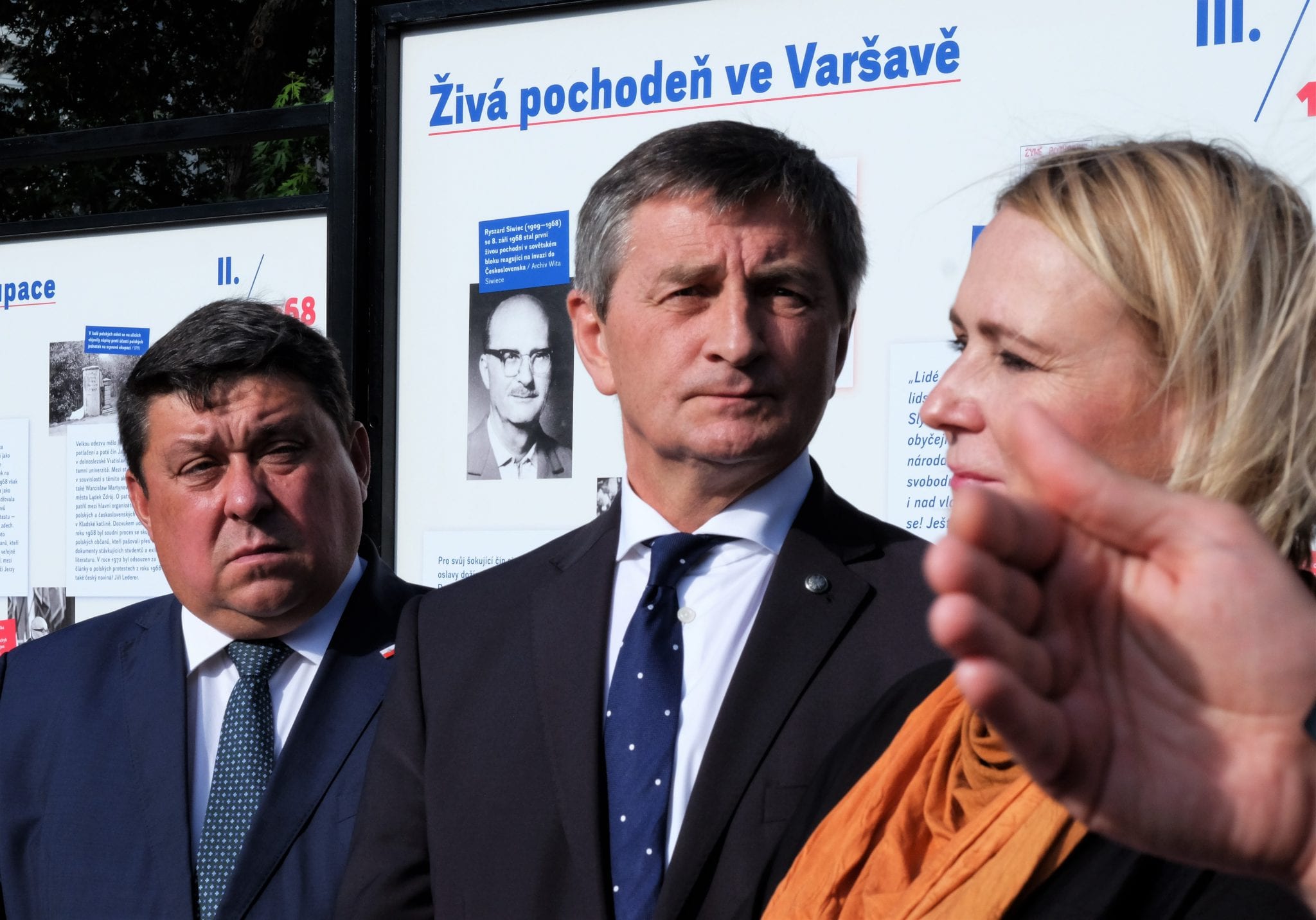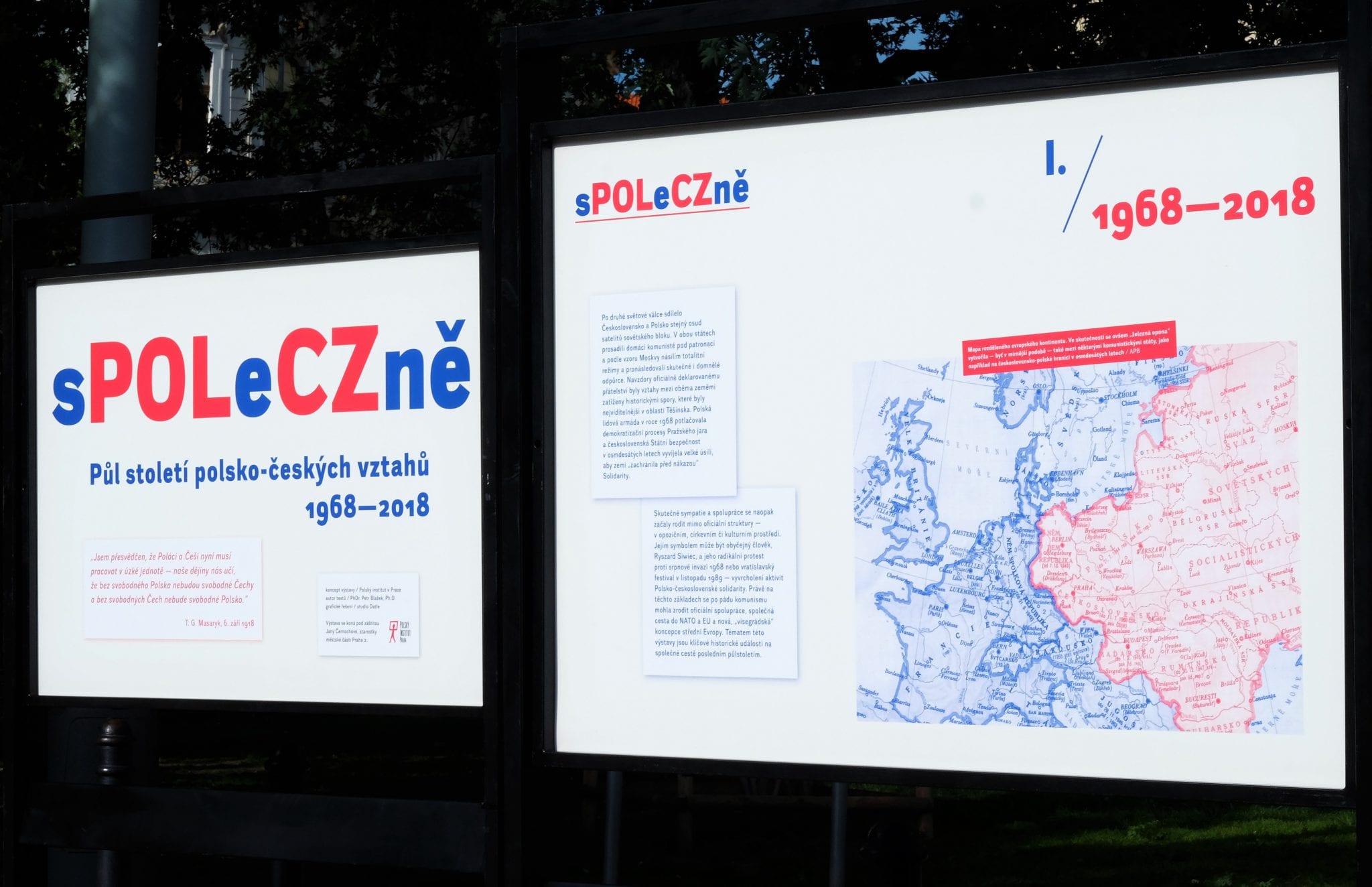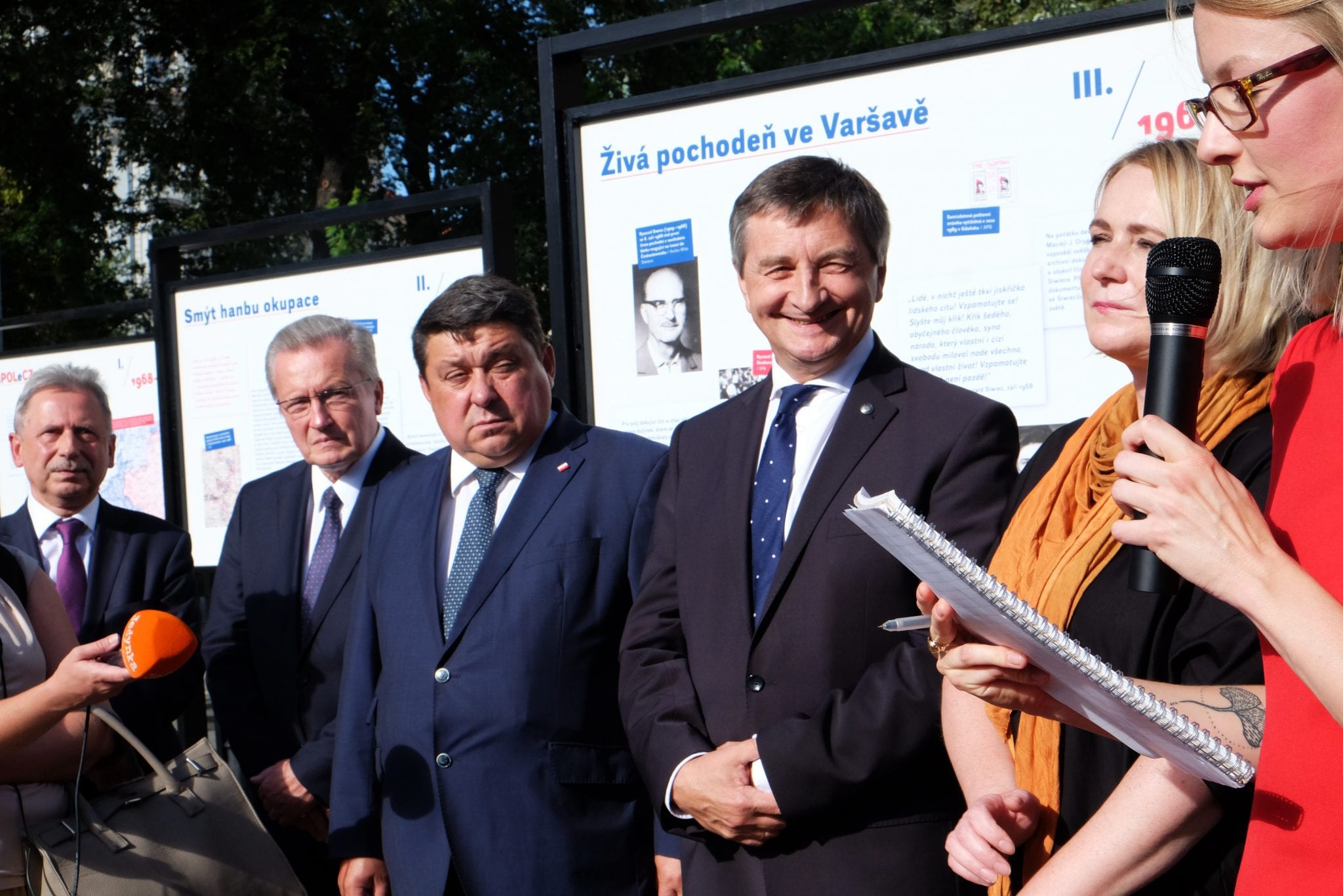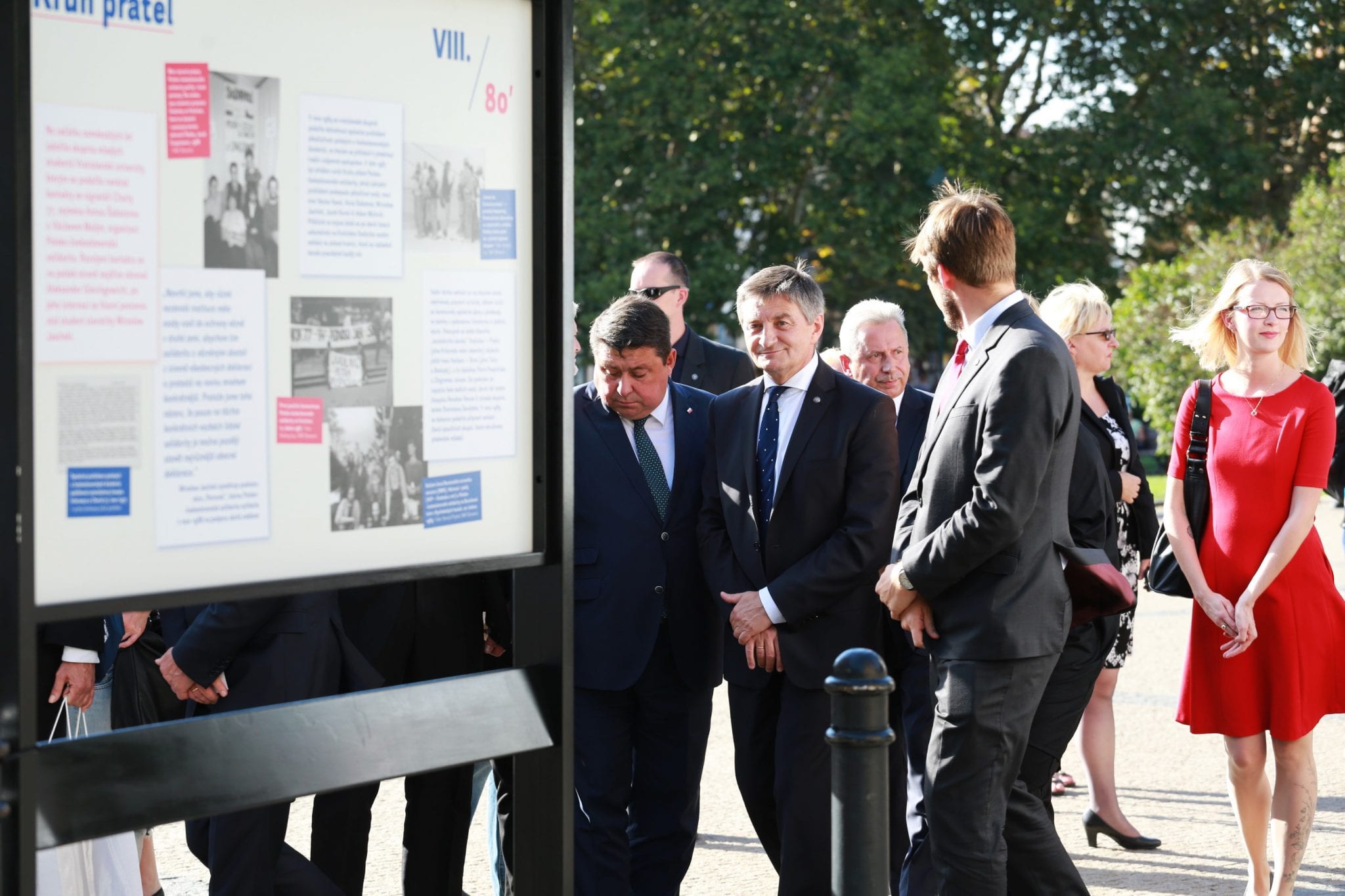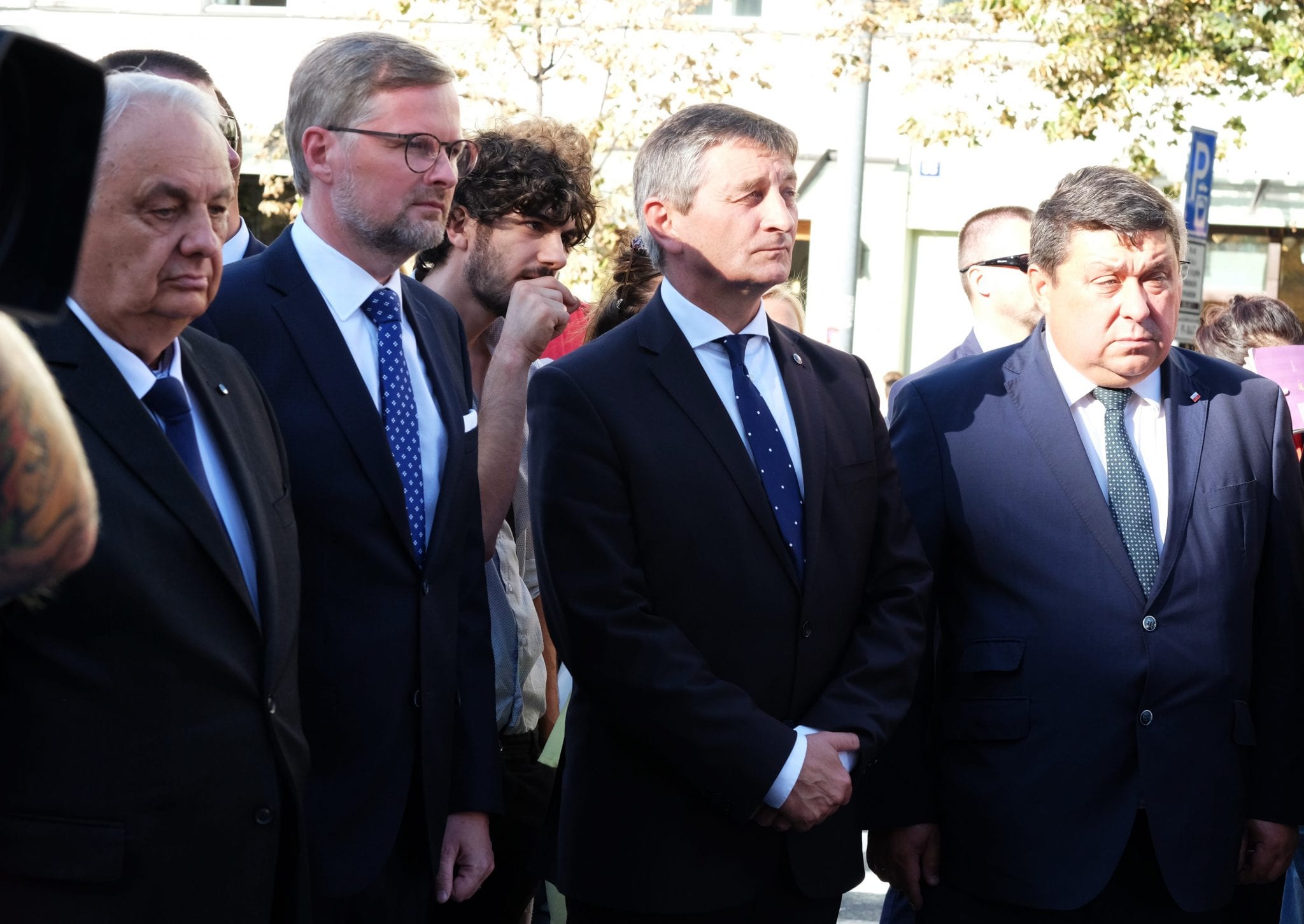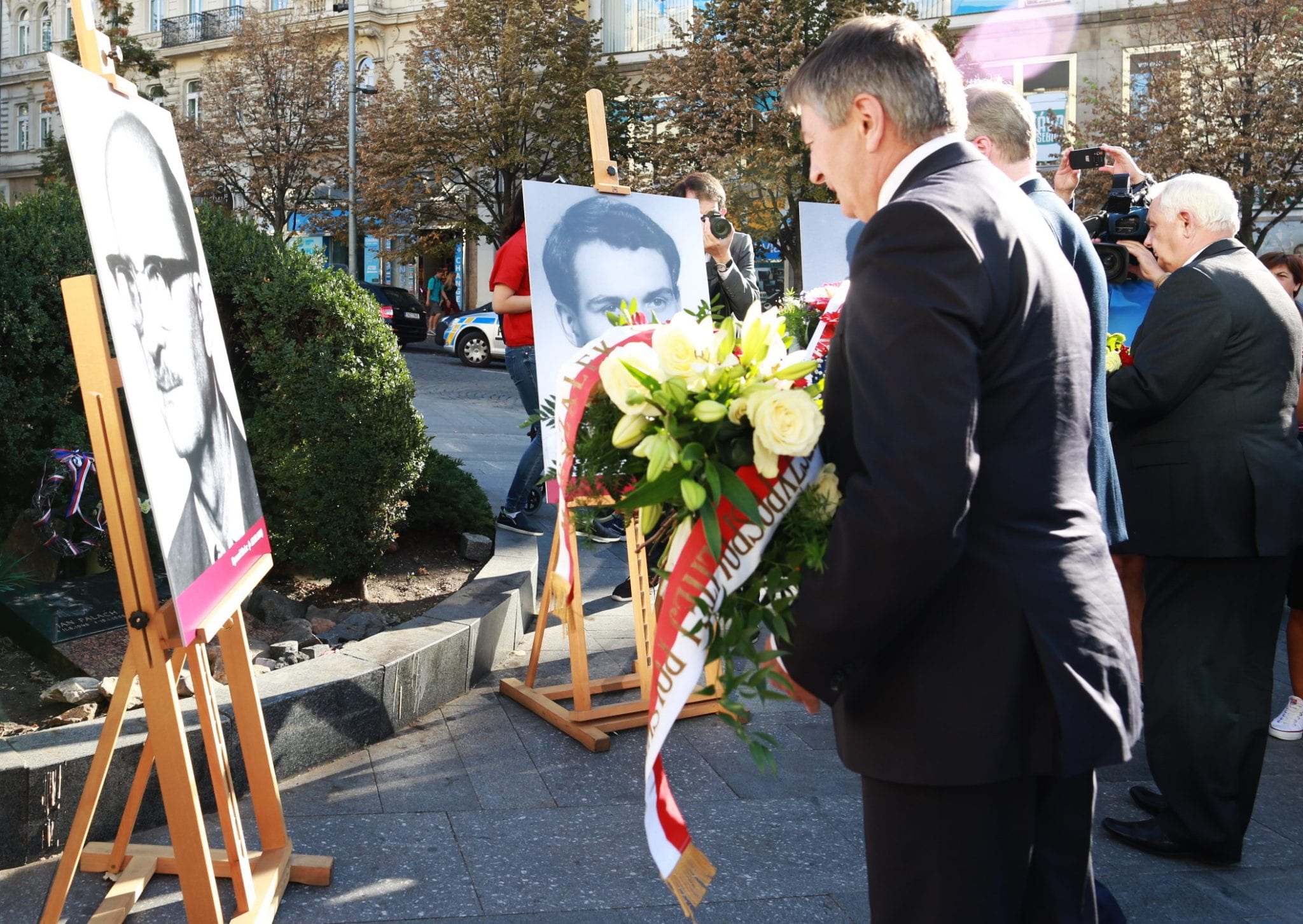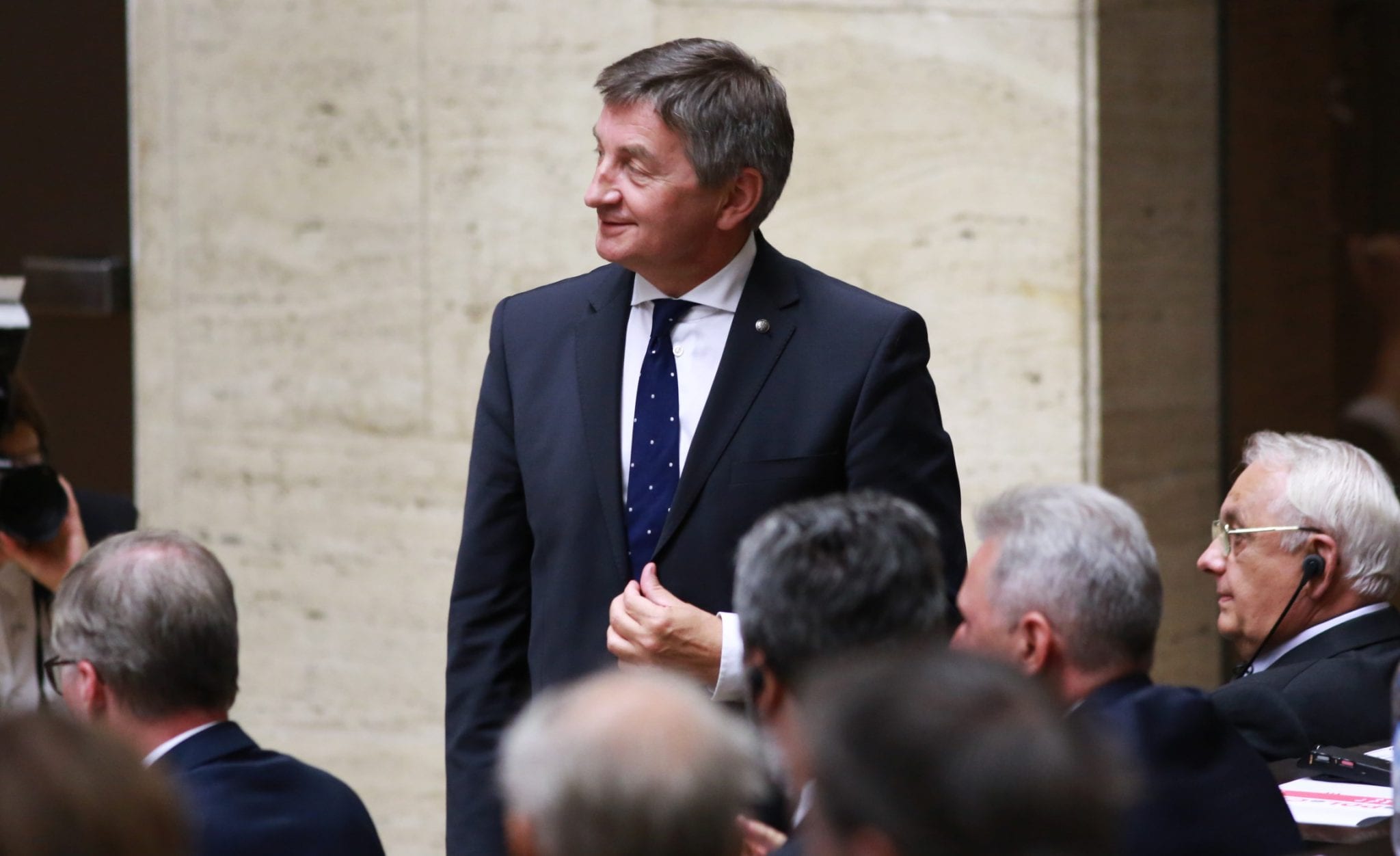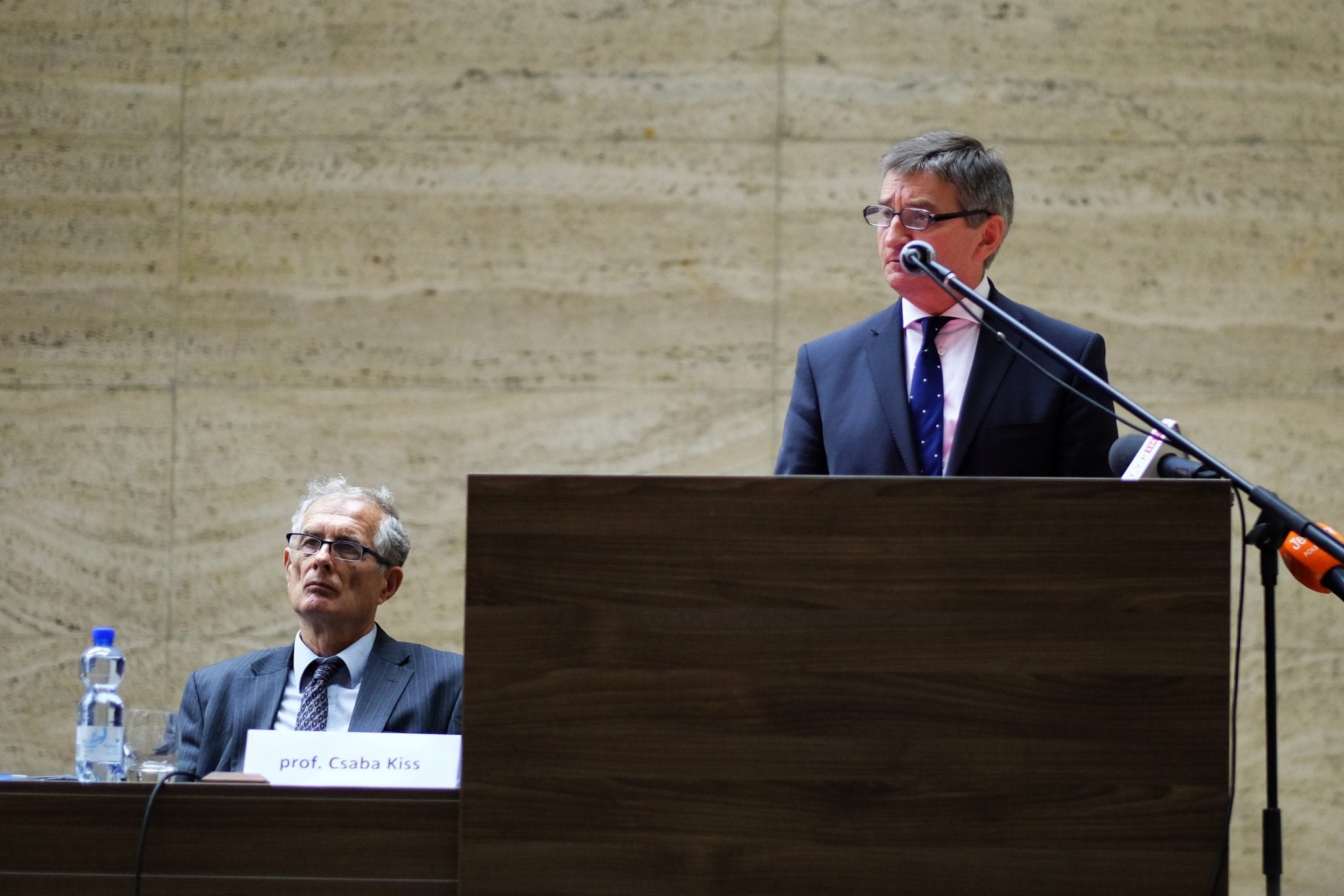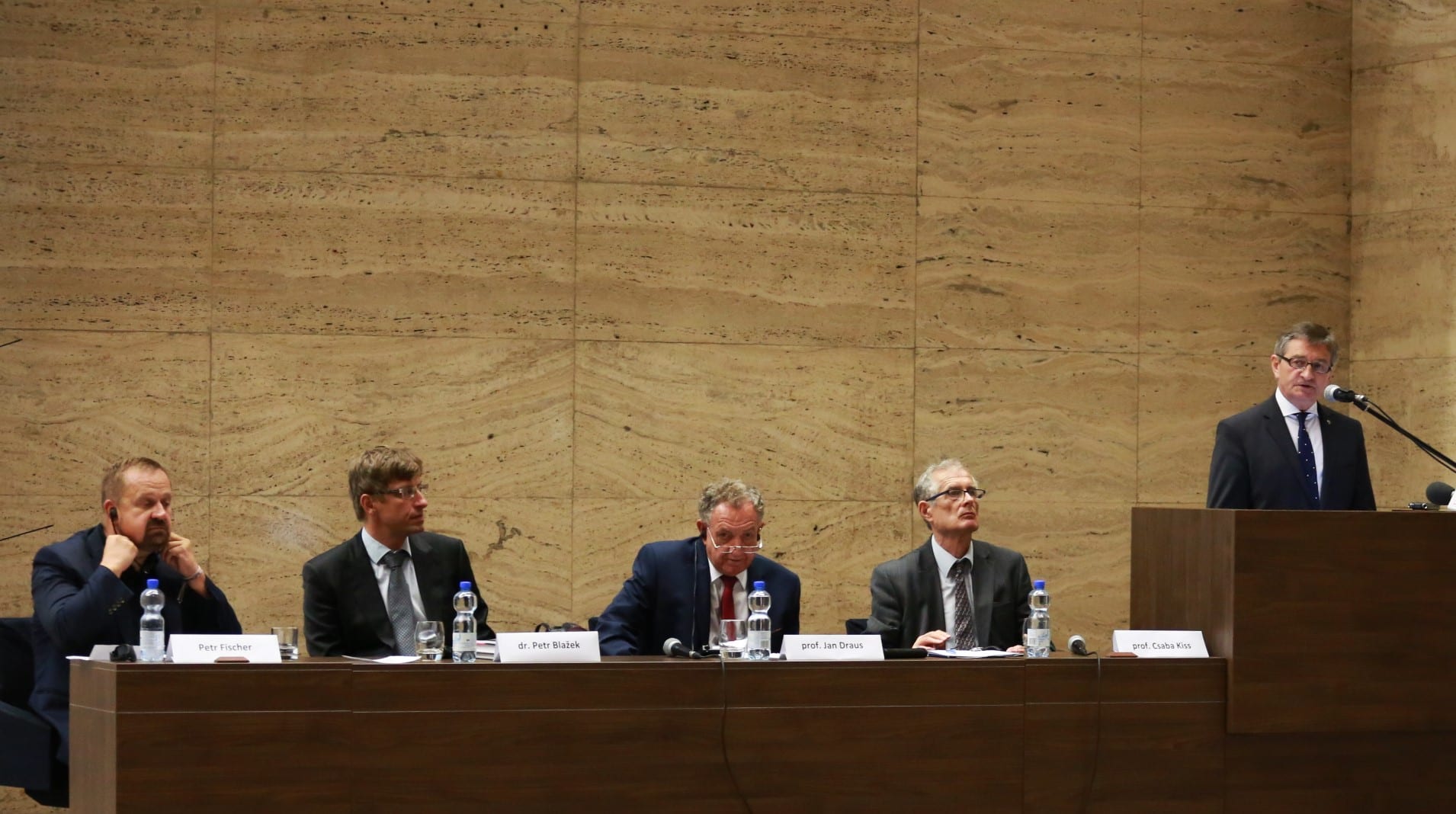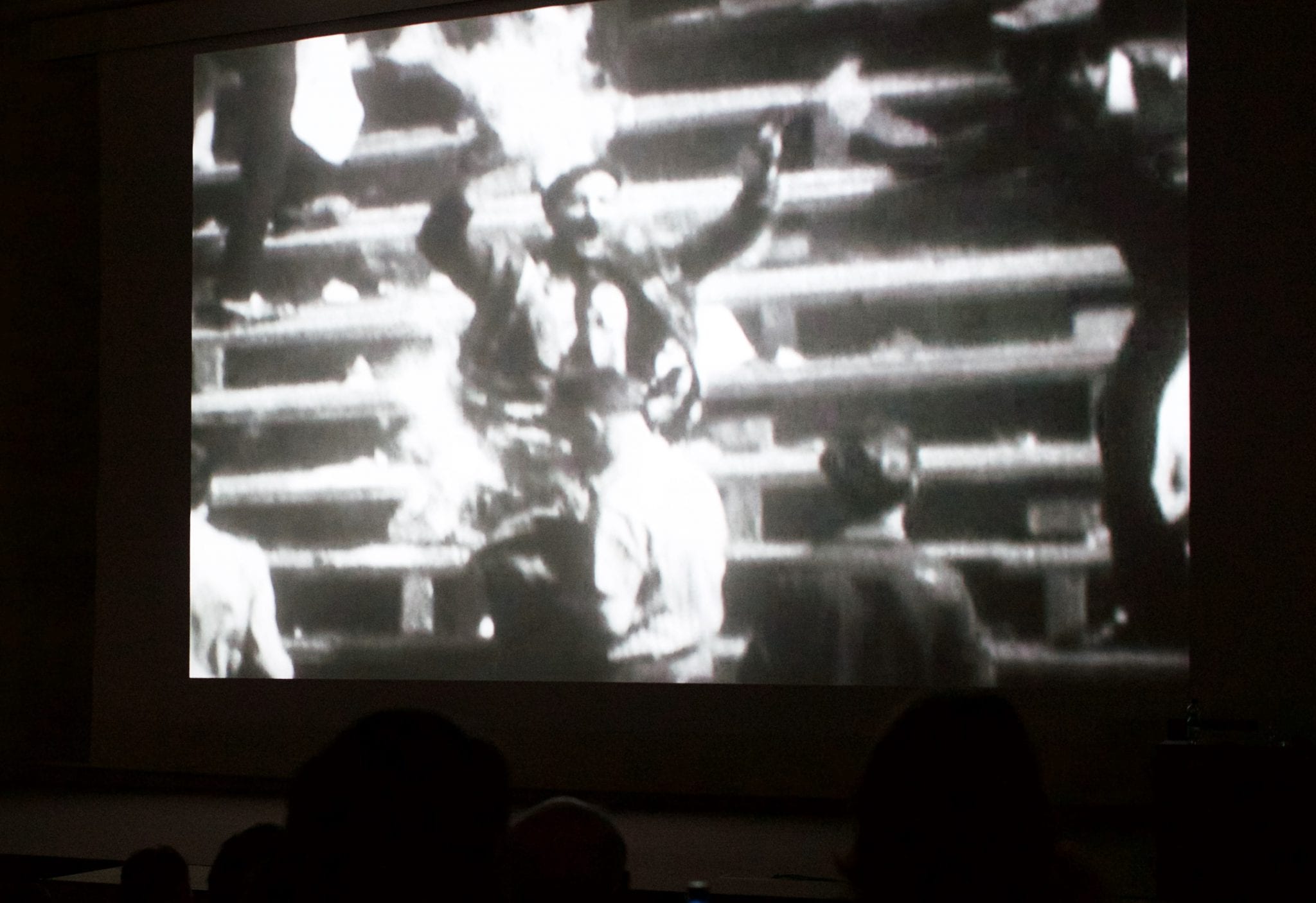In protest against the Warsaw Pact invasion of Czechoslovakia in 1968, "living torches" were lit not only on the Vltava River where Jan Palach and Jan Zajíc dramatically immolated themselves. Others also sacrificed their lives, such as Ryszard Siwiec, a lonely defender of Polish honour who became a symbol of Polish-Czechoslovak solidarity. Two Hungarians, Sándor Bauer from Budapest and his compatriot Márton Moyses who lived in Romania, paved the way for Hungarian-Czech-Slovak solidarity.
- The bond of Poles, Czechs and Hungarians was sealed by a bloody, or rather burnt offering - the greatest that a person can make in defense of freedom - said the Speaker of the Sejm Marek Kuchciński during the opening of the Prague exhibition "Together: Half a century of Polish-Czech relations 1968-2018″. The Prague Spring launched a new era of Polish-Czech relations. The Speaker emphasized that during the last 50 years there were several such important events, e.g. workers' uprisings in 1970 or 1976 in Radom, in 1978 Polish and Czechoslovak oppositionists met for the first time, and in December 1981 the same generals who were behind the invasion of Czechoslovakia issued an order starting the martial law in Poland.
During his visit to Prague, the Speaker of the Sejm took part in the meeting: "Living Torches: Siwiec, Palach, Bauer". - Even after the passage of 50 years it is impossible to talk about what happened in Warsaw, Prague and Budapest without feeling that something inconceivable, unbelievably dramatic happened and that it was done consciously at the same time - as a protest against enslavement of the state and nation, against the invasion of Czechoslovakia. It should be emphasized that these exceptional figures did not expect imitation, they even warned against it, although especially in Czechoslovakia many wanted to follow this path," said Marek Kuchciński. - These three figures - the Home Army soldier, philosopher and later civil servant Ryszard Siwiec in Warsaw, the student Jan Palach in Prague and the student Sandor Bauer in Budapest - people of great spirit, integrity and ideas and a strong bond with their nations crossed the boundaries of sacrifice and heroism, choosing death in terrible agony because they believed that no sacrifice is too great in the fight for freedom,' he argued. - If we feel free, we should always remember to whom we owe our freedom, the sovereignty of our countries. Thank you for the fact that in Prague you remember our heroes. Honour their memory. May their memory and glory be eternal," said Marek Kuchciński.
The meeting was also attended by the deputies of the Czech Parliament Petr Fiala and Hungarian Parliament János Latorcai and Professor Jan Draus. Together they spoke about the responsibility of our countries, renewal of relations between Poland, the Czech Republic, Hungary and the great sacrifice filed to rebuke about the transnational struggle for human freedom and dignity.
text/pot. mo


